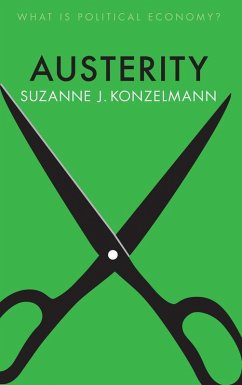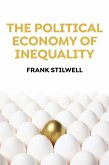Dieser Download kann aus rechtlichen Gründen nur mit Rechnungsadresse in A, B, BG, CY, CZ, D, DK, EW, E, FIN, F, GR, HR, H, IRL, I, LT, L, LR, M, NL, PL, P, R, S, SLO, SK ausgeliefert werden.
Geoff Tily, senior economist, Trades Union Congress
"In the wake of the 2008 global financial crisis, austerity policies were imposed in many countries, with results ranging from disappointing to disastrous. Konzelmann shows how the logic of austerity was fundamentally undermined by the emergence of the welfare state in the twentieth century. Austerity policies threaten the automatic stabilizing effects of a large welfare state, and are therefore counterproductive."
John Quiggin, University of Queensland









